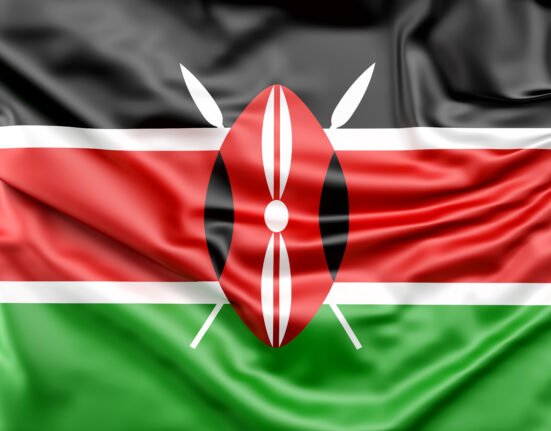Leading sports betting and gaming operator Tipico has taken a major step toward environmental leadership by earning the prestigious ISO 14001 certification for its Environmental Management Systems (EMS). This internationally recognized accreditation affirms Tipico’s proactive commitment to sustainability, positioning it at the forefront of environmentally responsible gaming operators.
A Comprehensive Green Strategy
To secure ISO 14001 certification, Tipico implemented a series of robust, organization-wide initiatives aimed at minimizing its environmental impact:
- 100% Renewable Energy: Transitioned all office locations and server infrastructure to clean energy sources.
- Waste Diversion: Achieved an 85% diversion rate through expanded recycling and composting efforts.
- Sustainable Supply Chain: Cut transportation-related emissions by 25% via smarter logistics and vendor partnerships.
- Employee Involvement: Launched company-wide green training programs to build a culture of environmental awareness.
What ISO 14001 Means
ISO 14001 is an internationally accepted framework that helps companies:
Track, control, and reduce environmental impact
Ensure compliance with environmental laws and global ESG standards
Drive ongoing improvements in sustainability practices
Executive Perspective
“This certification isn’t just symbolic,” said Tipico CEO Adrian Vella. “It reflects our long-term vision of aligning operational excellence with environmental responsibility. We aim to lead by example in an industry where ESG is becoming critical.”
Looking Ahead
Tipico is not stopping here. Its future sustainability goals include:
- Achieving net-zero carbon emissions by 2030
- Expanding digital betting slips across retail outlets to minimize paper use
- Investing in carbon offset partnerships to neutralize remaining emissions
Industry Impact
With regulatory bodies increasingly tying ESG metrics to licensing and partnerships, Tipico’s achievement may serve as a wake-up call for competitors. As the iGaming sector evolves, sustainability is no longer optional—it’s a strategic imperative.























